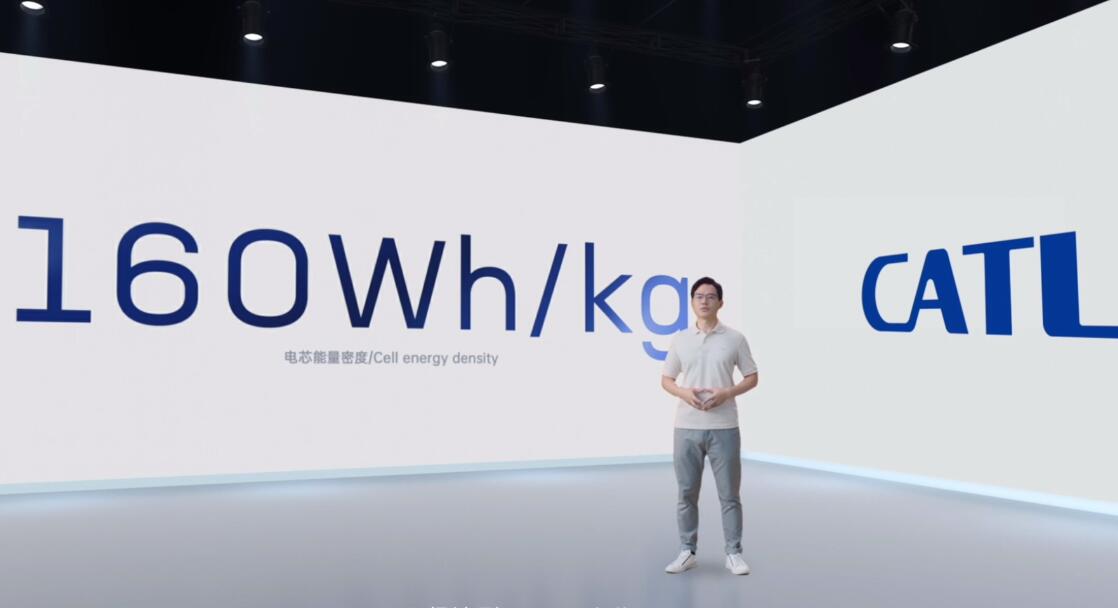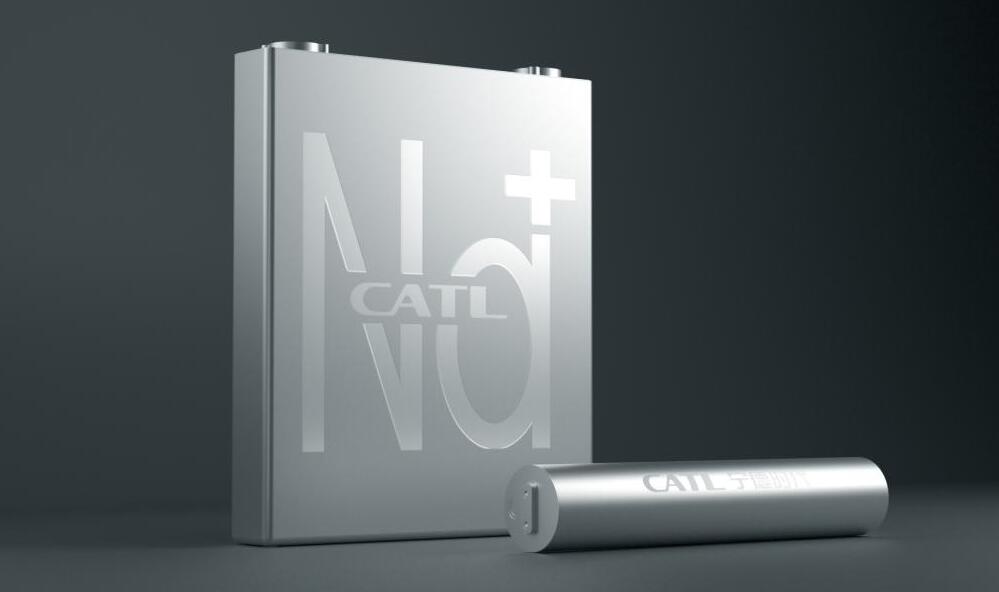Chinese power battery giant CATL unveiled its first-generation sodium-ion battery Thursday, marking the start of a new round of innovation in the industry. In the view of analysts, the battery cells will be used mainly in energy storage and two-wheeled vehicles.
Li-ion batteries have an energy density of up to more than 300Wh/kg, while lead-acid batteries are 30-50Wh/kg, and sodium-ion batteries are in between, said Guosen Securities analyst Tang Xuxia's team in a report on Friday.
Sodium-ion batteries have the advantages of high safety and compatibility with existing production equipment for lithium-ion batteries, and have greater development potential, and each performance indicator is expected to be improved in the future, the team said.
Sodium-ion batteries are less likely to replace lithium-ion batteries, and the two will meet the application needs of different market segments, but are expected to replace lead-acid batteries in the future, they said.
Sodium-ion batteries are suitable for fields that do not require high energy density but are cost-sensitive, and will mainly be used in the field of energy storage and two-wheeled vehicles, the team said.
It can also be used in areas including low and medium-range electric vehicles, data centers, backup power, base station power, energy storage, construction machinery, industrial vehicles, smart grid, to alleviate the problem of the limited development of energy storage batteries caused by the shortage of lithium resources, the report said.
The release of sodium-ion batteries has far-reaching implications for CATL's cost control and business expansion, and is expected to spawn a new product system, the team said.
Overall, the energy density of the first-generation sodium-ion battery is slightly lower than that of the current lithium iron phosphate battery, CATL said Thursday. But it has obvious advantages in low-temperature performance and fast charging, especially in high-power application scenarios in alpine regions.
The battery's single-cell energy density has reached 160Wh/kg, the highest level in the world at present, the company said.
It can charge up to 80 percent of power in 15 minutes at room temperature and still have more than 90 percent discharge retention at a low temperature of -20°C, the company said, adding that it can also reach more than 80 percent in terms of system integration efficiency.
It has exceeded the safety requirements of the national strong standard for power batteries with its excellent thermal stability, the company said.
CATL's next-generation sodium-ion battery will exceed 200Wh/kg energy density, the company said.
The company has already started the industrialization layout of sodium-ion batteries and plans to form a basic industrial chain in 2023, CATL said.




